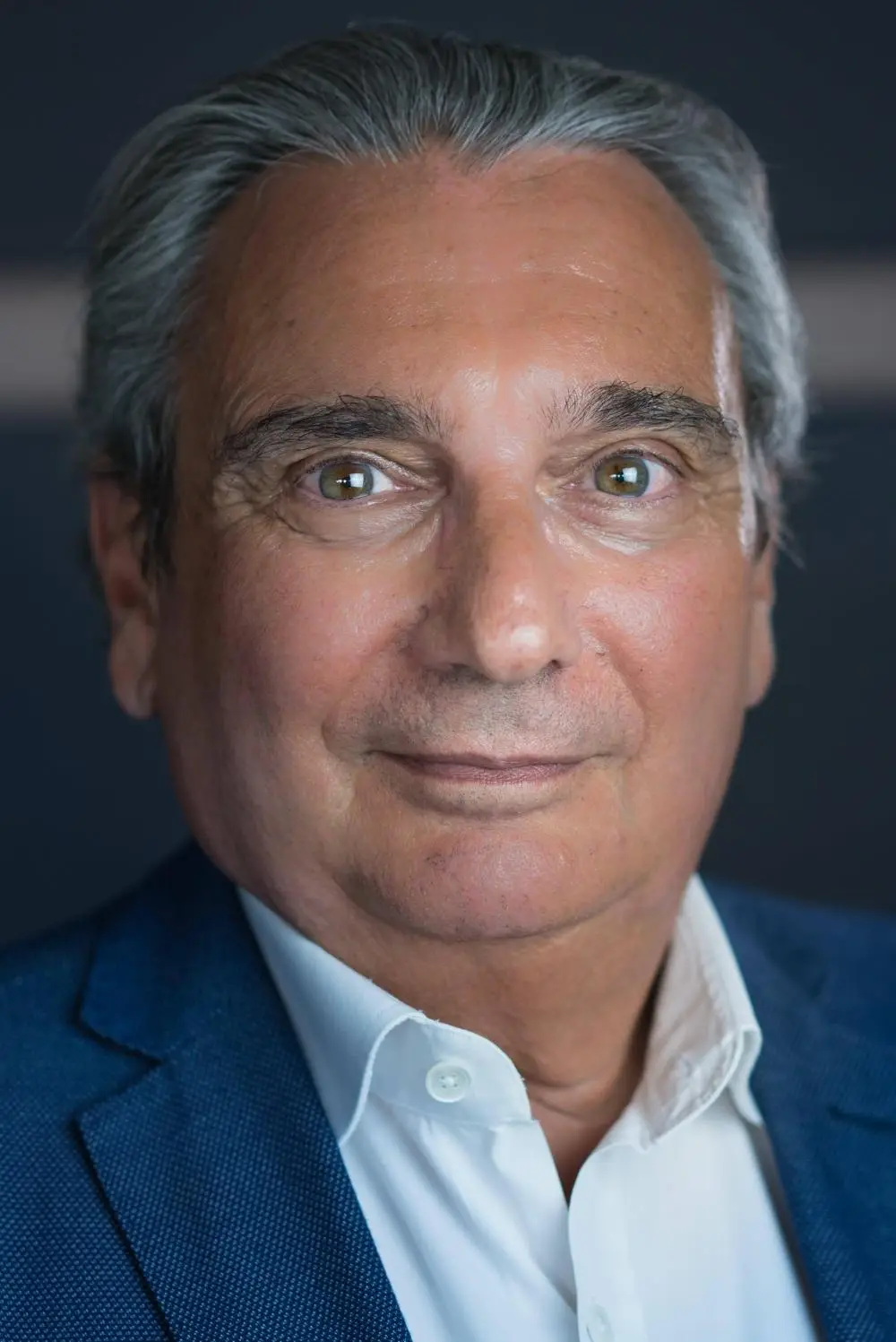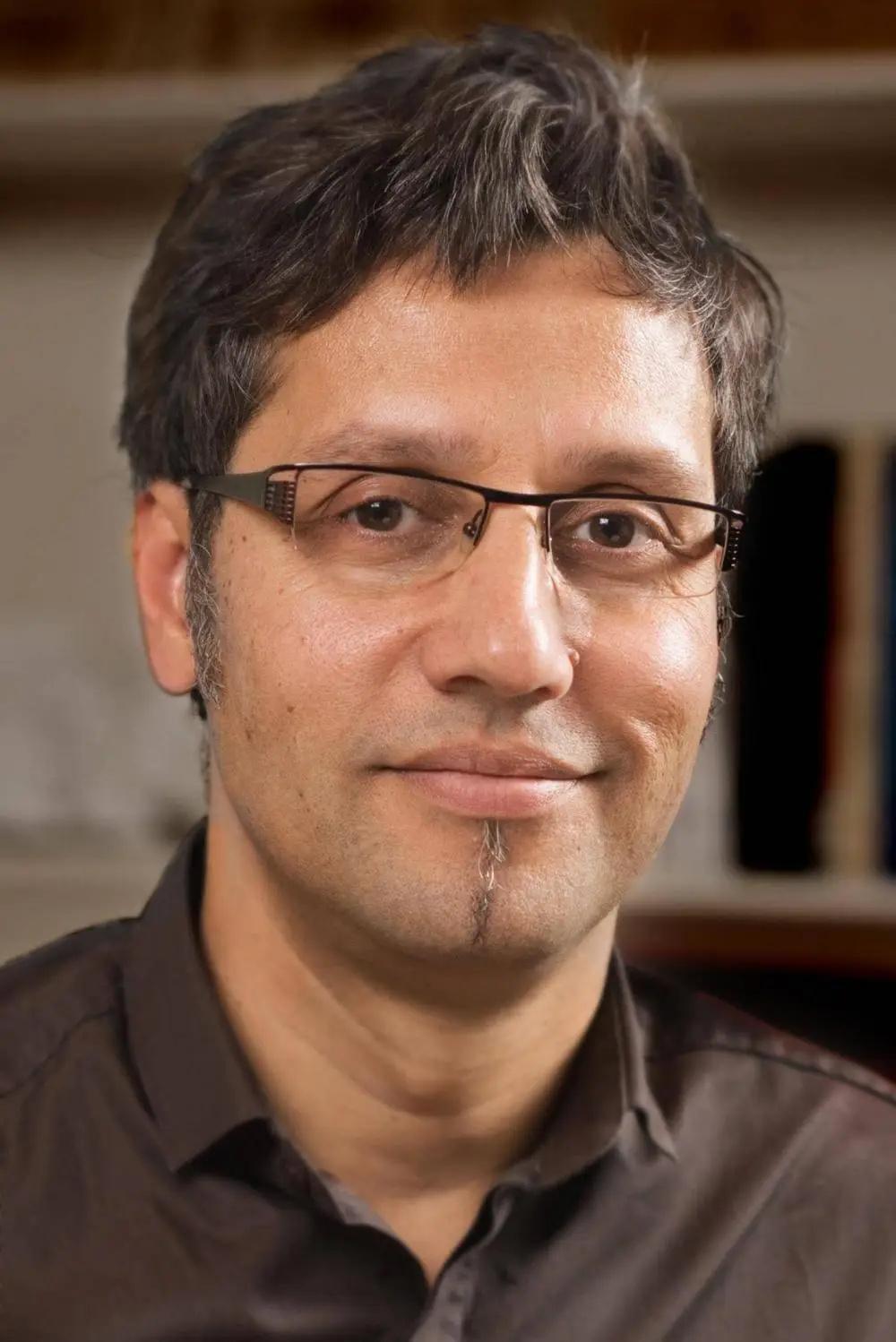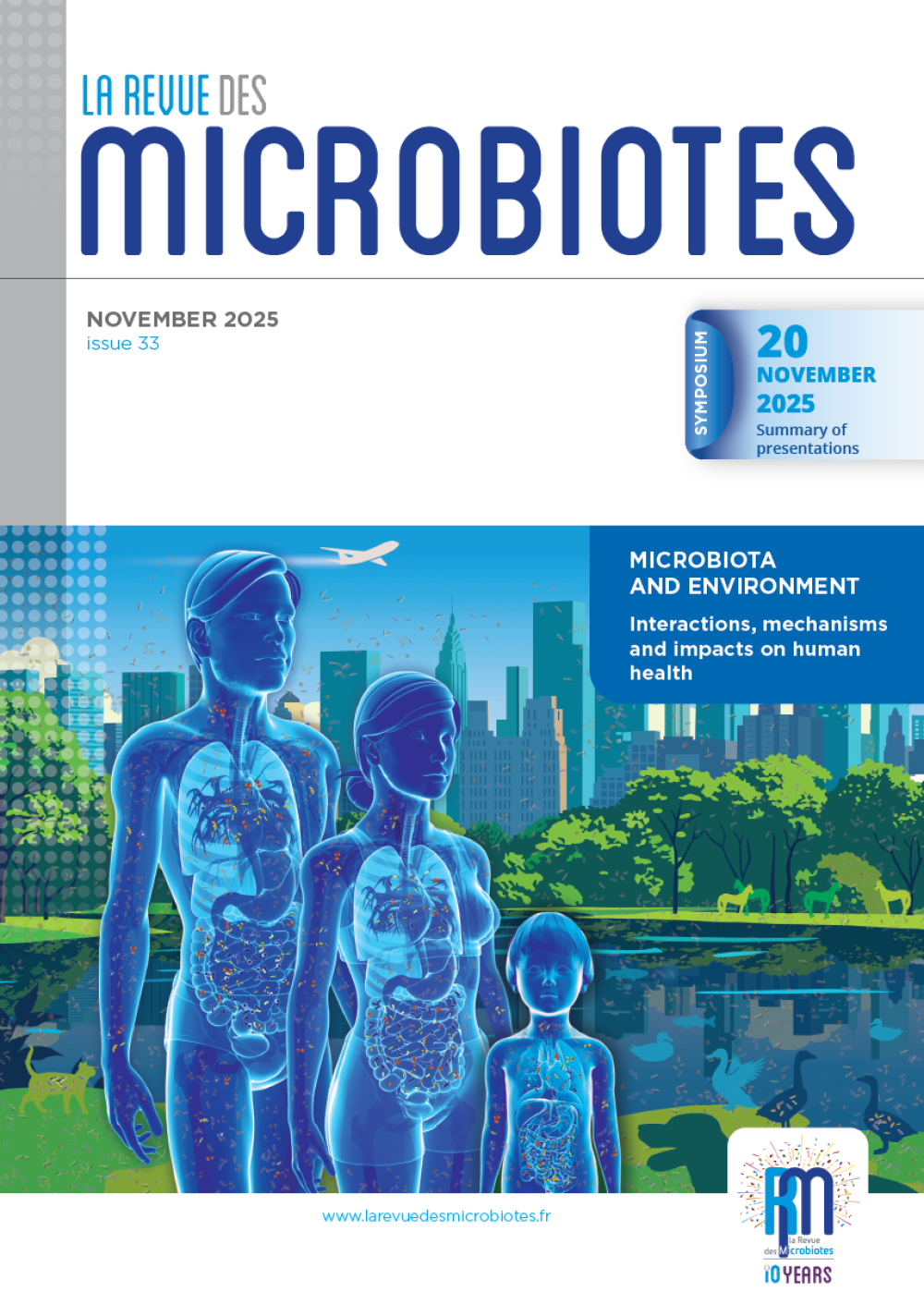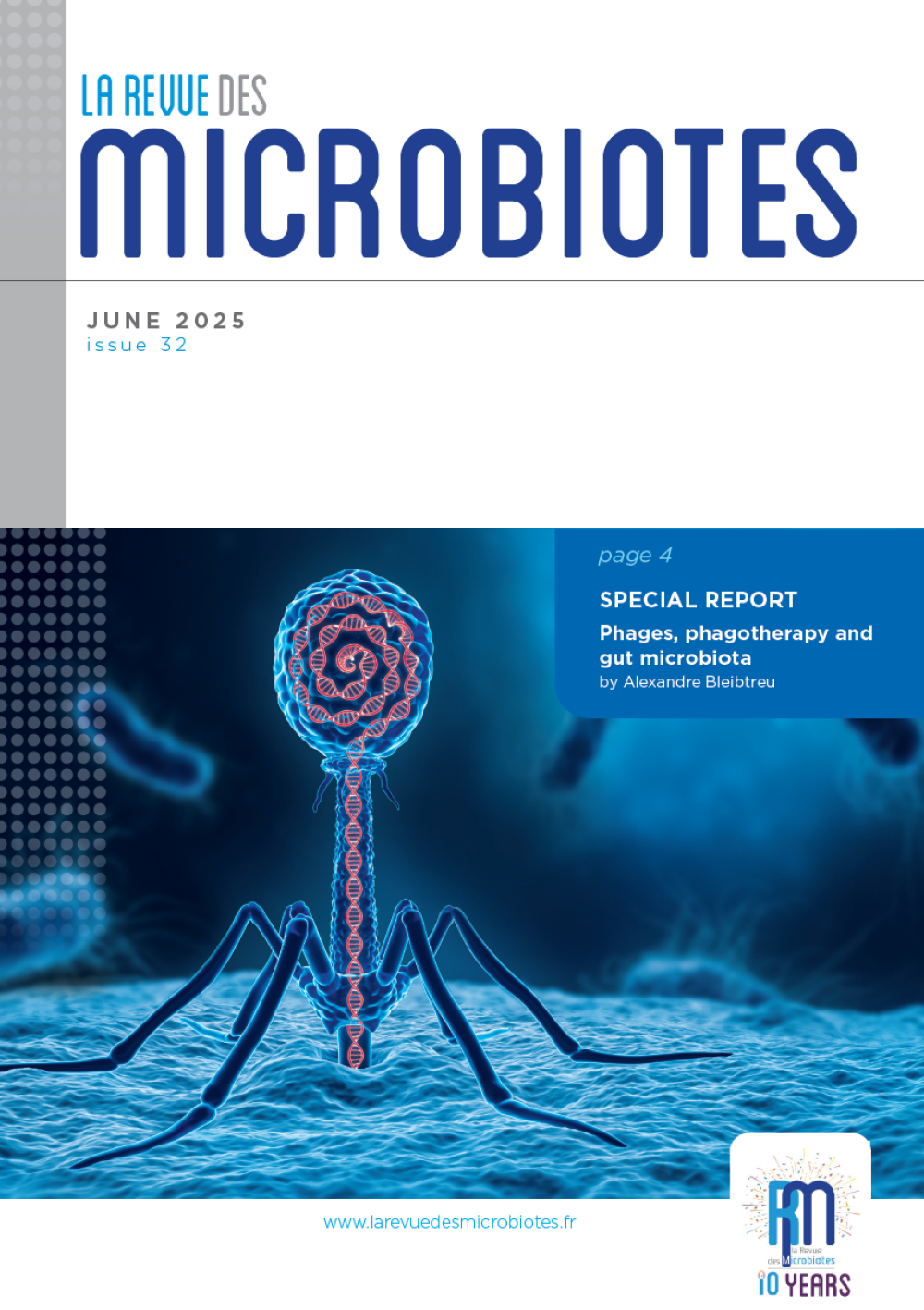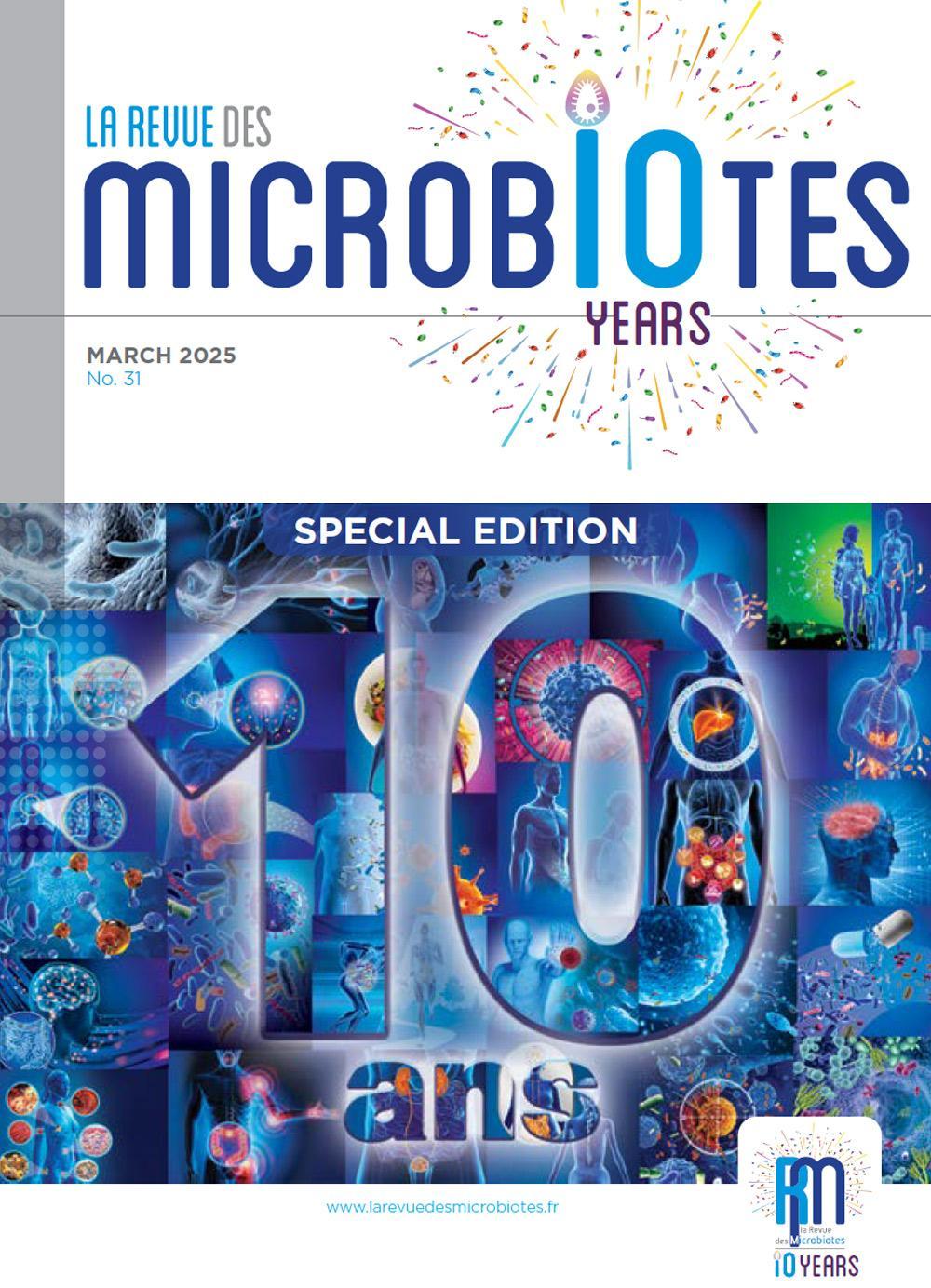Although Elie Metchnikoff studied the link between the good health, diet and flora of certain populations (see The Microbiota Chronicle p .15), immunity, or the idea of immunity, was deeply marked by Pasteur's vision; microbes are considered to be "harmful" and the main purpose of immunity is to eliminate them.
Since the 1950s, research efforts have focused particularly on adaptive immunity, ultimately presented as the final stage of the evolution of the immune system. During this period, when the microbe was the enemy and theories drawn from Pasteur were applied at a clinical level, infectious diseases saw significant regression, a commendable outcome. But paradoxically, the incidence of immune disorders such as inflammatory diseases, allergies, diabetes and other autoimmune diseases has exploded.
It was in the 1980s that the hygiene hypothesis advanced the link between immune disorders and the microbiota. But it was the progress of analytical tools, the discovery of innate immunity receptors (PRR) capable of recognizing the conserved patterns of microbes, and the use of germ free mouse models that demonstrated the major role of the microbiota in the development and control of immunity and its ability to adapt to the environment. Our view of immunity has therefore evolved into one of a system whose goal is to seek balance between an external and internal environment, and in which the microbiota is a primary interface for communication, exchange, regulation and, consequently, balance. The view of adaptive immunity has also evolved from a system “supplanting” innate immunity to a system that is in fact an “effector” of innate immune response. The special report that we present today illustrates the essential role of the microbiota and innate immunity in immune homeostasis and the interview with Dr. Jehane Fadlallah, whom I thank, completes this feature by focusing more specifically on adaptive immunity.
I hope you enjoy reading it.
Cyrille Hoarau
Editor in chief of this issue
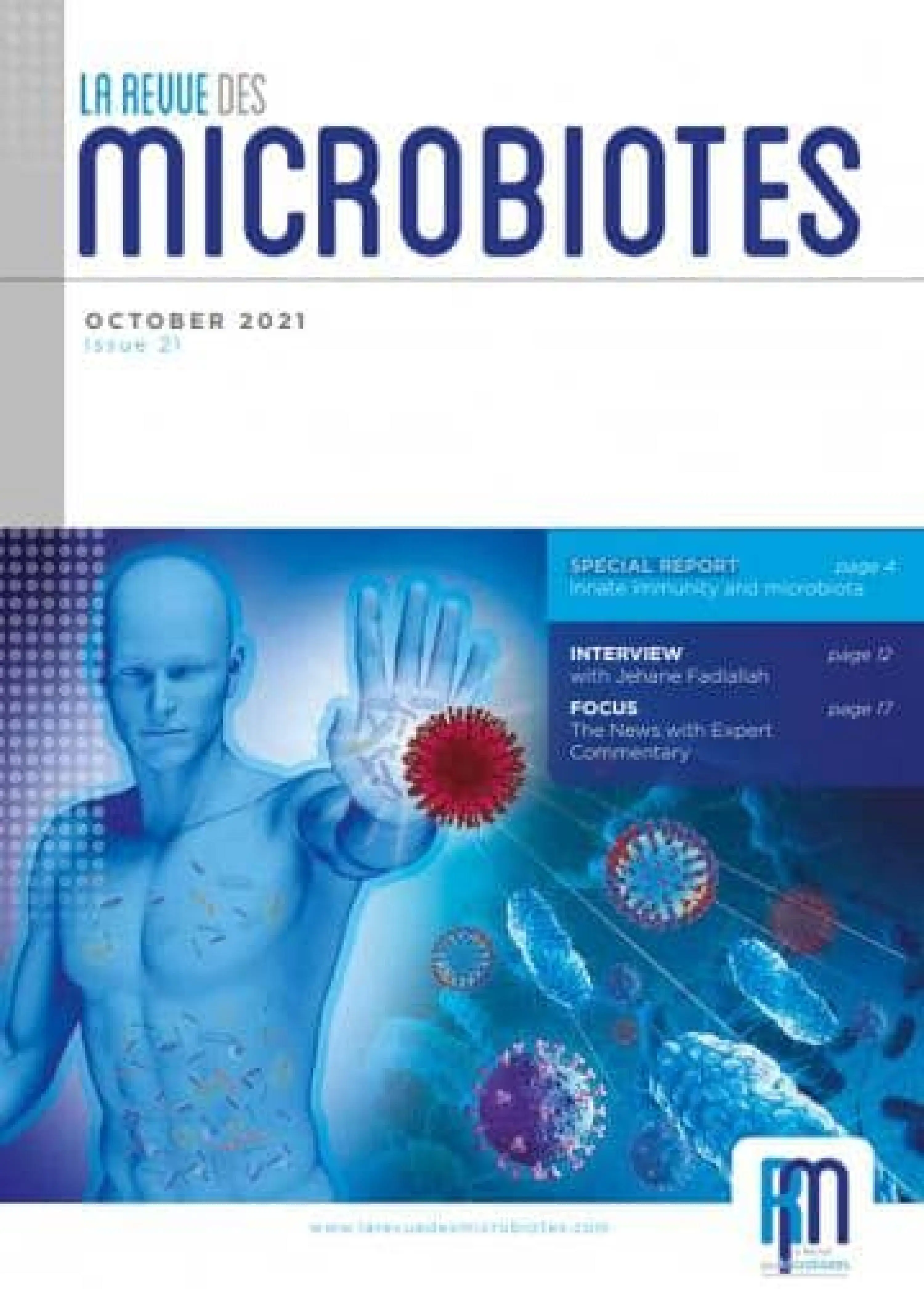
Innate immunity and microbiota
Editoral
Table of contents
Special Report
- Innate immunity and microbiota: the story of a key link to immune homeostasisScientific committee : Cyrille Hoarau
- Innate immunity and microbiota: the story of a key link to immune homeostasis
Interview
- Jehane Fadlallah
In Brief
Microbiota News
- Believe and trust in the science: the legacy of Élie MetchnikoffScientific committee : Bruno Pot
- Believe and trust in the science: the legacy of Élie Metchnikoff
The Microbiota Chronicle
- Interesting Abstracts: A new milestone in understanding the role of gut microbiota in the pathogenesis of childhood asthmaScientific committee : Alexis Mosca
- Lactobacillus gasseri LA806 in irritable bowelScientific committee :
- What will the next generation of probiotics look like?Scientific committee : Bruno Pot
- Interesting Abstracts: A new milestone in understanding the role of gut microbiota in the pathogenesis of childhood asthma
Focus
- Cardiology: Eat (well) to liveScientific committee : Jacques Amar
- Gastroenterology:Faecal microbiota transplantation: encouraging data in cachectic patients with cancerScientific committee :
- Metabolism: Robust associations between gut microbiota, dietary habits and cardiometabolic healthScientific committee : Philippe Gérard
- Paediatrics: Bifidobacterium infantisE : a key species in the development of the gut microbiota in neonates?Scientific committee : Alexis Mosca
- Gynaecology and Obstetrics: Endometriosis: new data to support the existence of dysbiosis of several microbiotasScientific committee : Jean-Marc Bohbot
- Pulmonology: Educating the pulmonary innate immune system involves microbiotaScientific committee : Geneviève Héry-Arnaud
- Neuropsychiatriy: The gut microbiota: a future biomarker for multiple sclerosis?Scientific committee :
- Cardiology: Eat (well) to live
Taxonomic Reference
Scientific committee

Pr Geneviève Héry-Arnaud
PharmD, PhD. Microbiologist, INSERM Mixed Research Unit 1078, Brest University, Brest Regional and University Hospital

Pr Bruno Pot
PhD, Microbiologist, Brussels University

Pr Jacques Amar
MD. Cardiologist, Toulouse University Hospital, Vaiomer scientific consultant, Labège.

Dr Jean-Marc Bohbot
MD, PhD. Infectious disease specialist, Institut Alfred Fournier, Paris

Dr Philippe Gérard
PhD. Microbiologist, Micalis Institute, Jouy-en-Josas

Dr Cyrille Hoarau
MD, PhD. Immunologist and allergy specialist, Interdisciplinary Unit of Clinical Immunology and Allergy Studies, Regional and University Hospital, Tours

Dr Alexis Mosca
MD, Paediatrician, Paediatric Nutrition and Gastroenterology Department, Robert Debré Hospital, Paris




